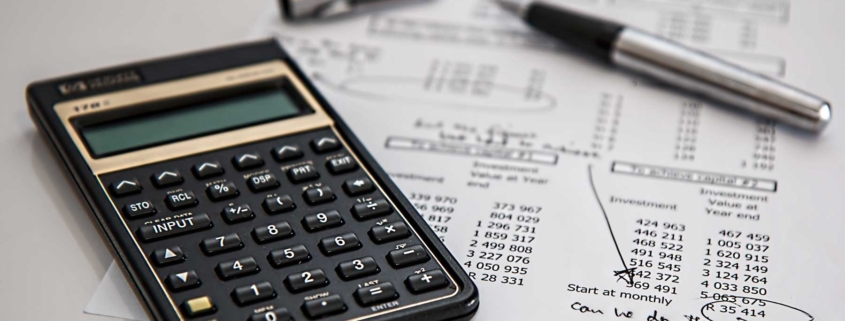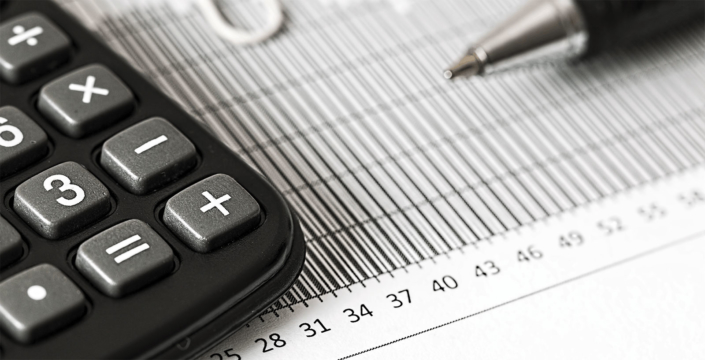Blog | All Posts | All Topics
Bookkeeping Basics: The types of bookkeeping accounts every business owner should know
As a business owner, you’re the top expert on your company’s products and services. An expert on controlling a balance sheet? Umm… not so much. Yet, knowing the back office like the back of your hand is essential to running a thriving organisation. Understanding types of bookkeeping accounts and tax timetables help you better plan for business growth.
Is the language of the back office a bit daunting? Don’t be scared off. Learn the basics of bookkeeping terms and various methods of accounting. Once you better understand your accounting practices, you can become an expert on your business’s financial health.
Basics of bookkeeping
Even creative executives should know basic practices. Budgets for social media, marketing, and advertising will be informed by available funds, after all! You’ll hear these fundamental buzzwords in any bookkeeping meeting worth its salt. Here is what they mean.
- Accounts payable – Your accounts payable includes any amounts owed to a supplier or other business. If you have received a good or service but not yet paid for it, your supplier’s invoice goes into your accounts payable.
- Accounts receivable – These are invoices that reflect money owed to your business. In short: unpaid bills from customers or clients.
- Assets – Assets include a combination of your accounts receivable, property and equipment owned by your company, product inventory, and liquid funds.
- Liabilities – Your liabilities combine accounts payable with other debts like bank loans, outstanding payroll, and credit card balances.
- Revenue – This term relates specifically to the money your company makes from its goods and services.
- Expenses – Your expenses are more than what it costs to run your business and sell your goods and services. This factors in everything from utilities and cleaning costs to salaries and insurance.

Photo by Mikhail Nilov from Pexels
Types of bookkeeping accounts
There are various types of bookkeeping accounts and ways to calculate your taxable revenue. The way you record transactions and manage debits and credits often varies depending on your organisation’s annual income and the complexity of your expenses. Here are the most common types of accounting any executive needs to be familiar with.
- Cash basis accounting – Under this accounting scheme, you only record a transaction when the cash actually trades hands. Cash basis accounting is ideal for small businesses.
- Accrual basis accounting – When your business uses accrual basis accounting, you record a transaction when the service is complete — even if you haven’t been paid yet.
- Single-entry bookkeeping – In single-entry bookkeeping, you only record each transaction once. For instance, if you make a sale of $100, you only record it as revenue of $100 when using the single-entry system.
- Double-entry bookkeeping – When you implement a double-entry bookkeeping system, each transaction is recorded twice. For instance, when you make a sale of $100, you note it once as $100 revenue and once as $100 in lost inventory. Double-entry bookkeeping balances your credits and debits.
Other bookkeeping terms you need to know
- Cash flow – Cash basis accounting is the best way to track cash flow accurately, but any accounting scheme must track how much cash is coming in and out of your business.
- Cost of goods sold (COGS) – This term relates to the total cost of producing your products, including materials, labour, and other overheads.
- Owners’ equity – If you calculate total assets and subtract the total liabilities, you can calculate the value of your ownership.
- Balance sheet – A balance sheet lists assets, liabilities, and owner’s equity. It provides a snapshot of your financial health at any time and a look at your net assets.
- Manual bookkeeping – Manual bookkeeping are records kept in paper form. The Australian Taxation Office recommends keeping your records for five years.
- Cloud bookkeeping – Electronic records are usually produced using bookkeeping software. You’ll also want to keep these records for at least five years.
Running your business can often remove you from the day-to-day accounting processes of your organisation. But knowing your way around a balance sheet helps you track growth and know when it’s time to scale. When you enlist Visory as a bookkeeping service, you have access to a trusted team of bookkeepers who will do the heavy lifting of record keeping. If you don’t know your way around a general ledger, we’ll show you the way.







